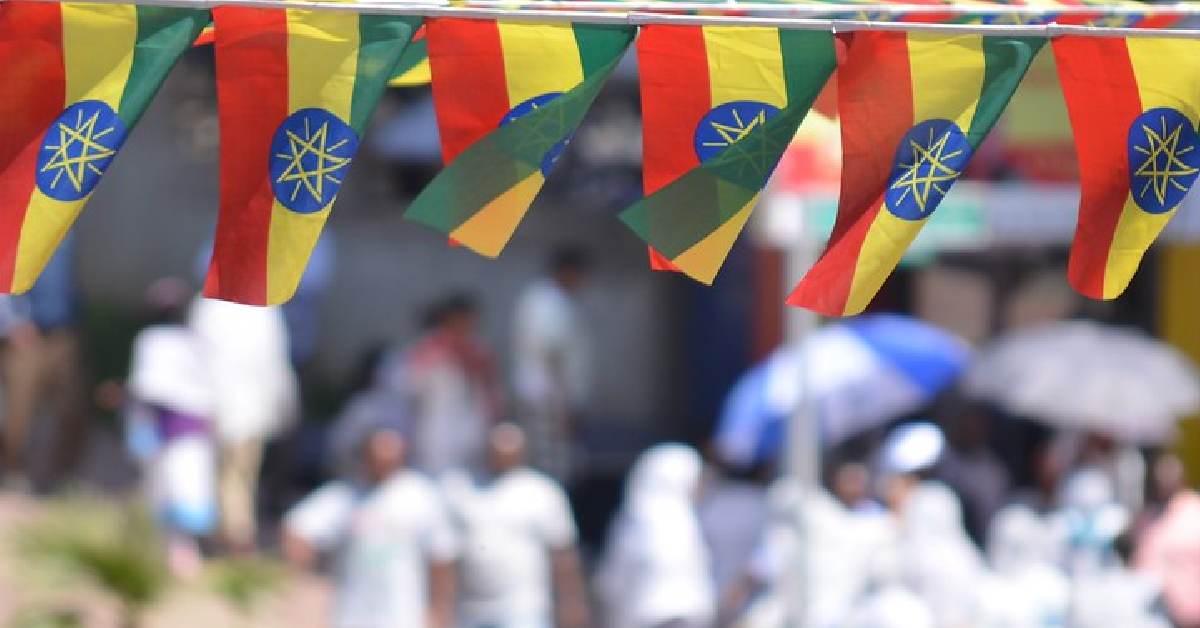Here’s Why Ethiopian Calendar Is 7 Years Behind The Rest Of The World
It’s 2014 in Ethiopia, not 2022.
Did you know Ethiopia’s calendar is still in 2014? It’s true, the country is between 7-8 years behind the majority of the world.
While it’s been a fact for a while, many people are just now discovering the calendar differences and it’s all thanks to TikTok!
TikTok exposed me to knowing Ethiopia is in a different year from us and it's lowkey been creeping me out
— day•sha🌤 (@_dayshaVU) April 5, 2022
The unique calendar first made its claim to fame on the app back in 2020. TikTok user @jonny_k_27 made a video talking about the reasons that 2020 was so crazy.
But when someone commented on the video that it’s different years in different countries, it sent @jonny_k_27 into the world of research because he didn’t believe the comment – but he discovered it was true!
Most notably, he found that Ethiopia is on a significantly different calendar than the Western world.

They needed answers as to why the year sucked so badly and was more than happy to offer one. In 2020 when the world seemed to be falling apart, it was 2012 in Ethiopia. If you’ve followed calendar dates and predictions, you probably know that 2012 was supposed to be the end of the world. Could it be that the “end of the world” was a prediction based on Ethiopia’s calendar that took place in 2020 for the rest of us?
“So when everyone was freaking out about the world ending in 2012, maybe we were talking about the Ethiopian calendar the whole time,” @jonny_k_27 said in the video.
Of course, this statement was certainly a thought-provoking one. We are sure that he meant this as a joke but as the old saying goes, a lot of truths that are said in jest.
@jonny_k_27 the REAL reason 2020 sucks? #theworldisending #2012 #ethiopia
More recently, TikToker Umutoni Kabeza has brought the topic back to TikTok’s attention. She said, “They have their own calendar. They have their own date. And I didn’t know this until my Ethiopian auntie told me that. And I was like, ‘Whoa, that’s mad weird.’”
According to India Times, Apparently, Ethiopia uses a solar calendar and their calendar is also rooted in Christianity, much like ours. One main difference is that they count the years since Jesus’ birth differently.

They also have 13 months each year, 12 months with 30 days and 1 month with 5 or 6 days (depending on if it’s a leap year or not).
In Ethiopia, the new year starts in September and major holidays don’t align with our Gregorian calendar. It’s interesting to think that it’s still 2014 somewhere!
Check out Umutoni’s video below:
@the1kevine
SKM: below-content placeholderWhizzco for DOT

